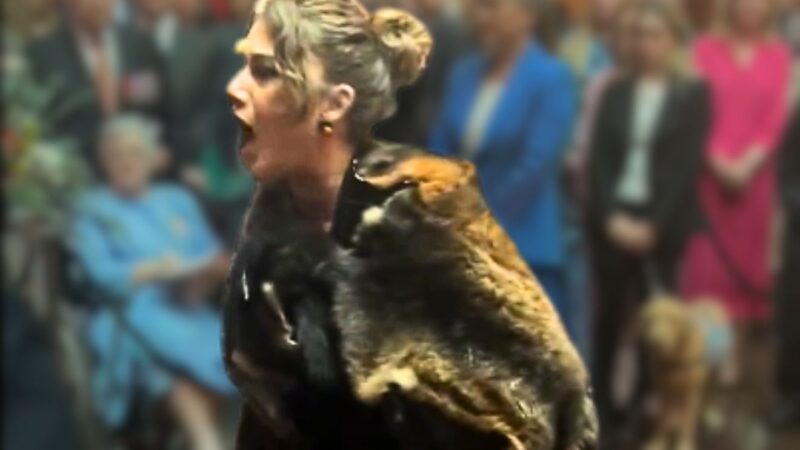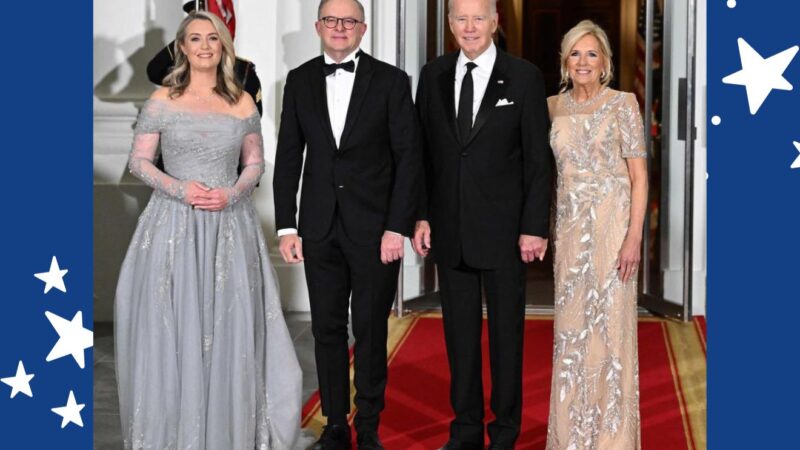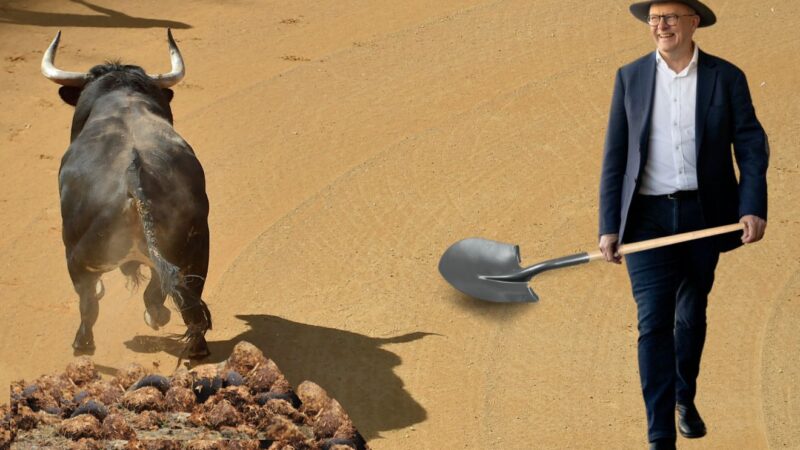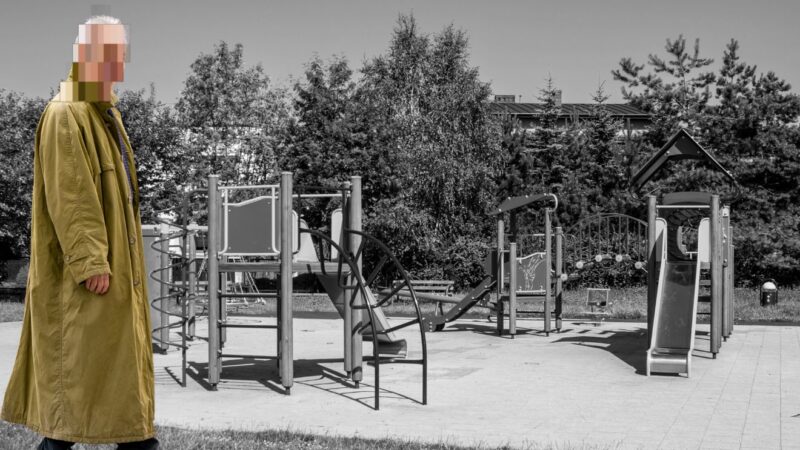Prime Minister Albanese Backflips on Referendum and Announces Unorthodox Solution to Uluru Statement: Cabinet Members to Self-Identify as Indigenous
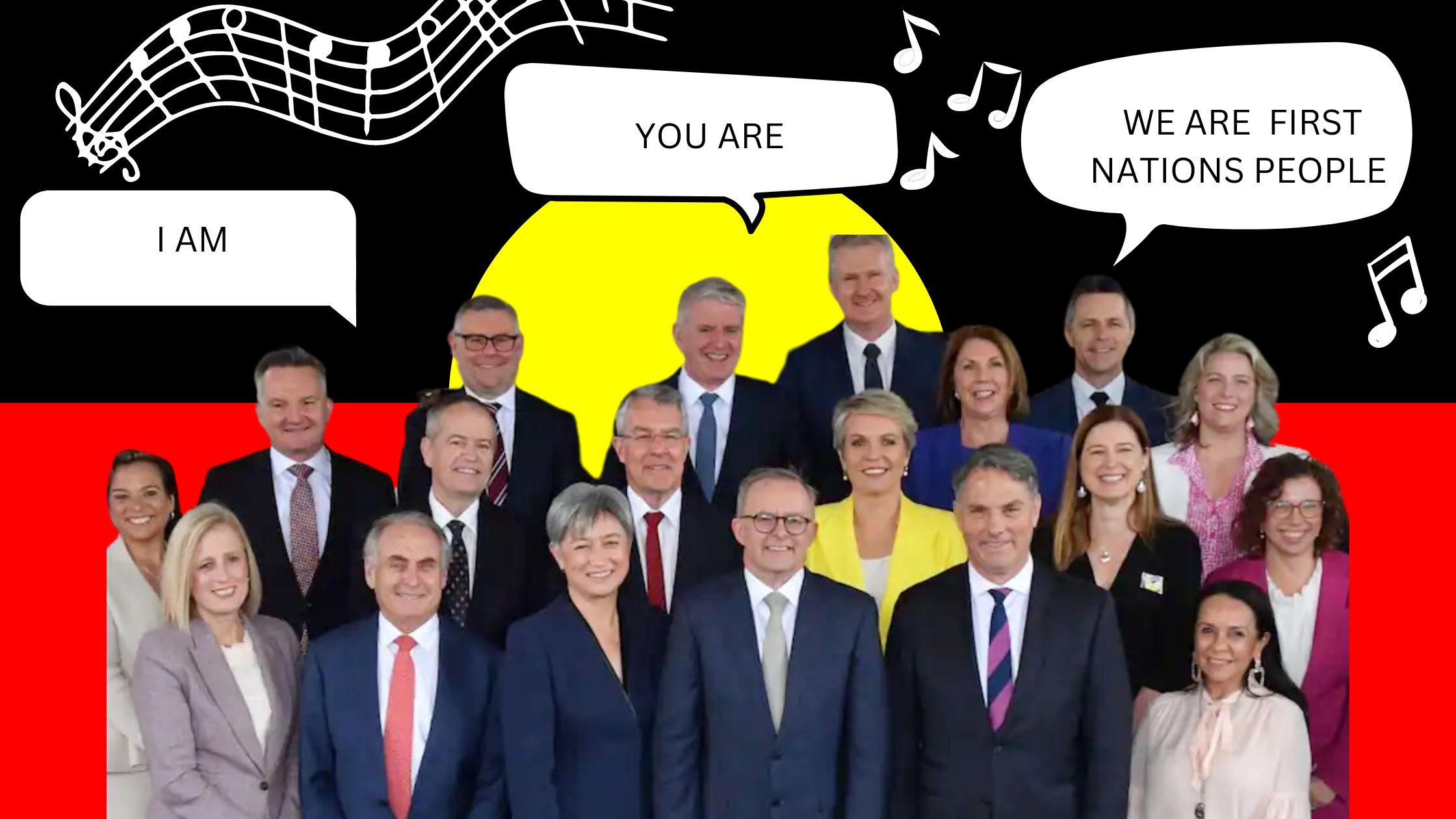
CANBERRA, ACT - In a surprising turn of events, Prime Minister Anthony Albanese has unveiled an unconventional plan to address concerns over the proposed implementation of the Uluru Statement from the Heart. During a press conference earlier today, Albanese announced that the entire cabinet will now identify as indigenous Australians, effectively ensuring that “indigenous voices” are always heard within the government.
The Uluru Statement from the Heart, a document produced by the First Nations National Constitutional Convention in 2017, called for the establishment of a First Nations Voice to Parliament. However, concerns have been raised about the potential disruption to government processes through high court challenges. In response to these concerns, the Prime Minister, in consultation with esteemed Indigenous figures Marcia Langton and Noel Pearson, has devised a rather unorthodox solution.
Under the new plan, cabinet members will undergo a transformative process of self-identification as indigenous Australians. This unprecedented move is intended to facilitate internal consultations within the cabinet, where ministers will be able to draw upon their newfound indigenous identities to ensure indigenous perspectives are considered in decision-making.
Speaking to the press, Prime Minister Albanese explained, “We understand the importance of including indigenous voices in our government, but we also need to ensure the smooth functioning of our democratic processes. By having our entire cabinet self-identify as indigenous, we can guarantee that indigenous perspectives are always taken into account without resorting to potentially disruptive high court challenges.”
The decision has drawn a mix of reactions from various quarters. Supporters of the government have applauded the boldness of the move, praising it as a creative and practical solution. Critics, including opposition leader Peter Dutton, have labeled the decision as farcical and accused the Prime Minister of trivialising the genuine concerns of indigenous communities.
In response to concerns about authenticity, Marcia Langton stated, “Identity is a complex and multifaceted concept. By embracing self-identification, the cabinet members are acknowledging the importance of indigenous perspectives and taking responsibility for amplifying those voices.”
Noel Pearson, another prominent Indigenous leader, also weighed in on the matter, saying, “While this solution may seem unconventional, it signifies a genuine effort to address the issues faced by indigenous communities. The cabinet’s commitment to consulting with each other ensures that indigenous voices will be represented at the highest levels of government.”
As the news of the cabinet’s self-identification spreads, Australians are left to contemplate the implications of this bold move. Will the ministers be required to learn traditional languages, attend cultural ceremonies, or demonstrate their knowledge of indigenous histories? Only time will tell how the government’s decision will play out in practice.
While critics may dismiss the Prime Minister’s solution, it’s a lot cheaper than a referendum.

